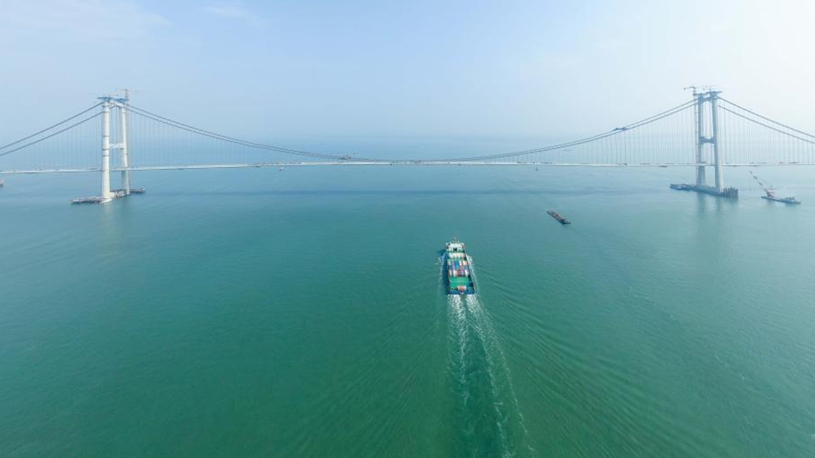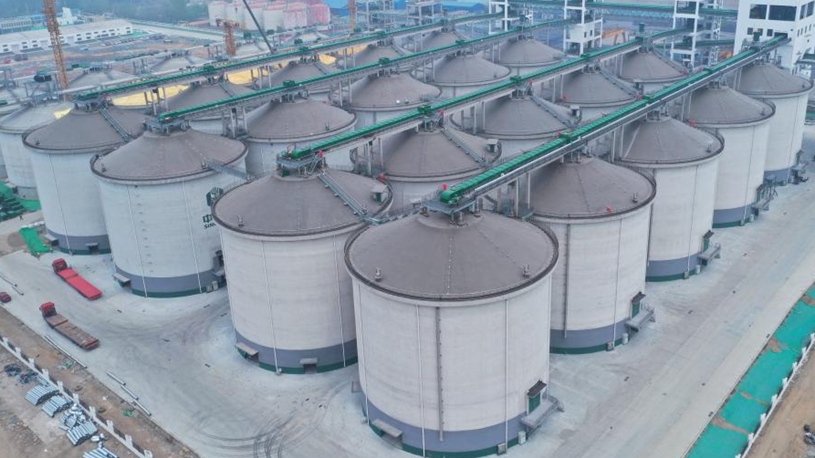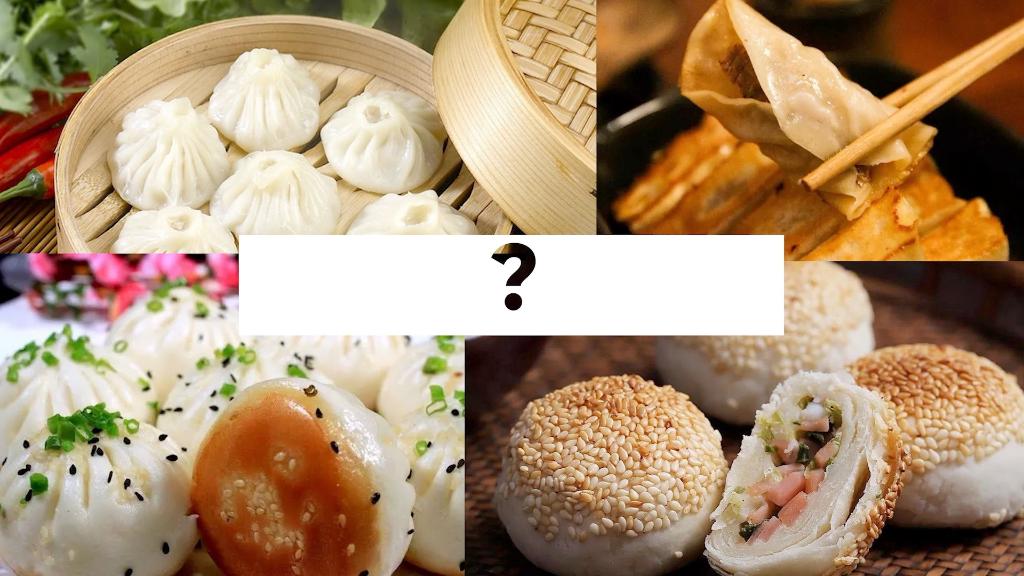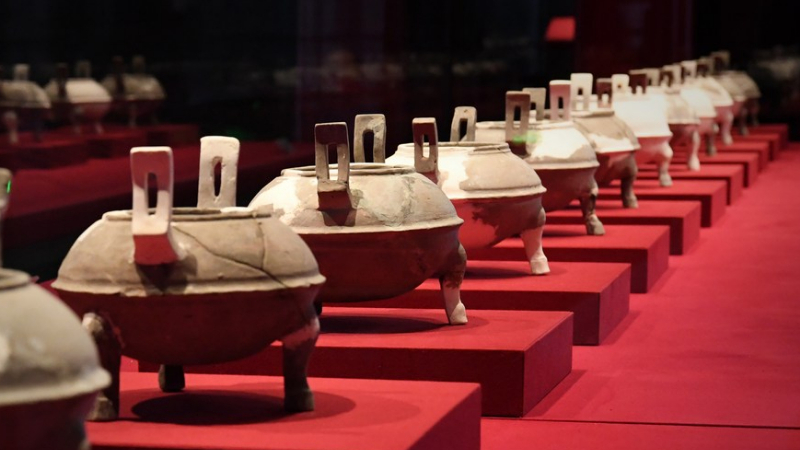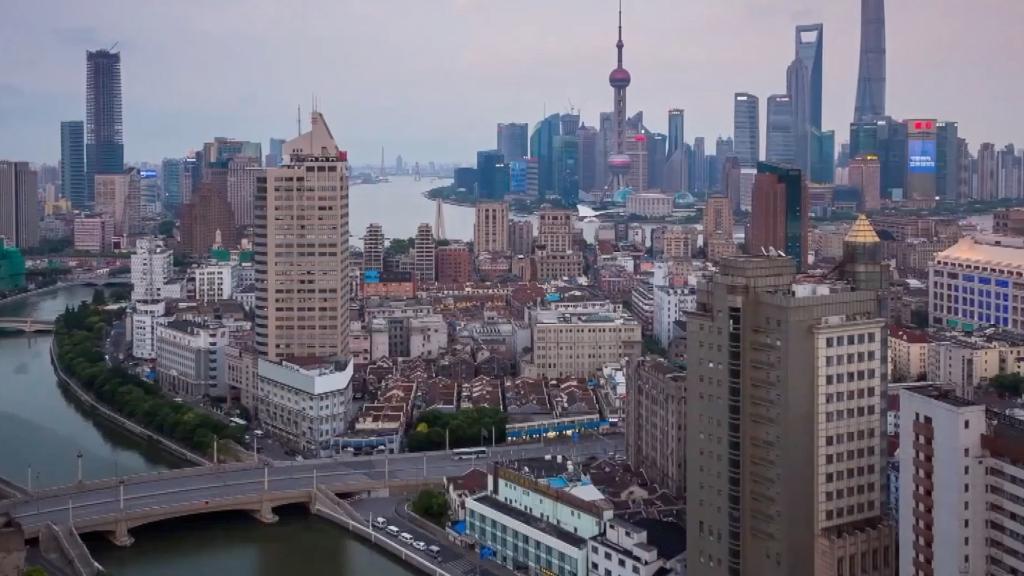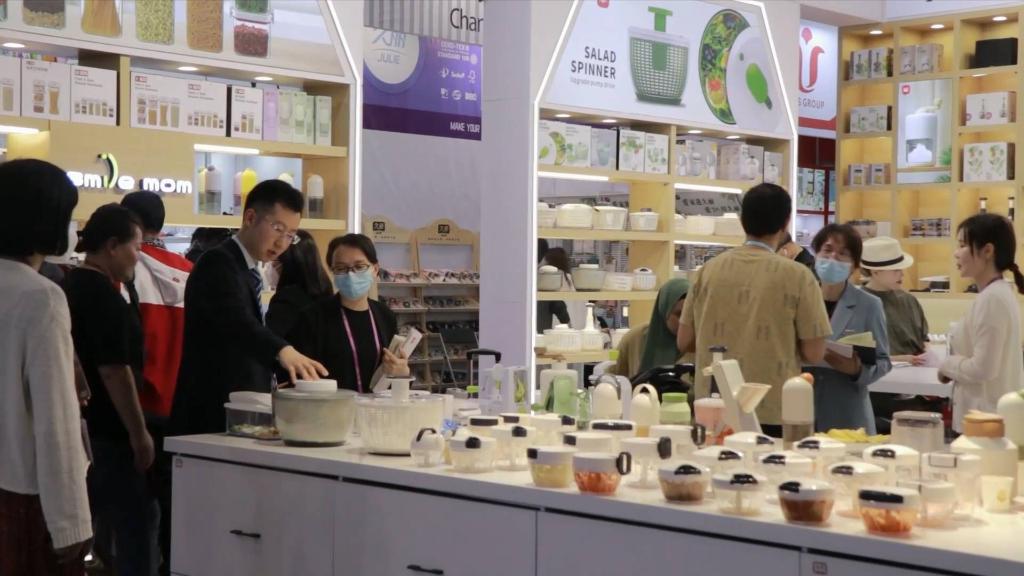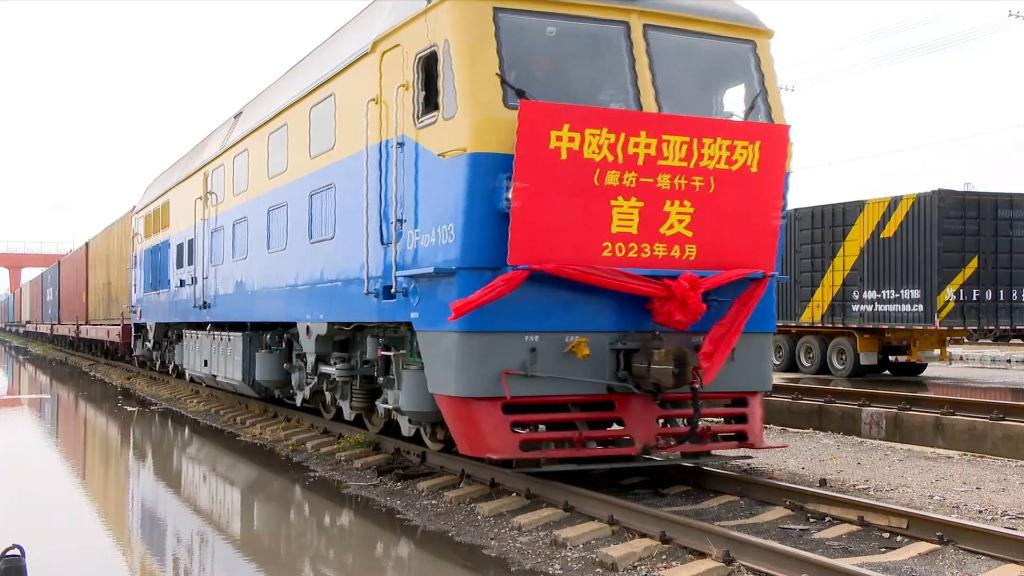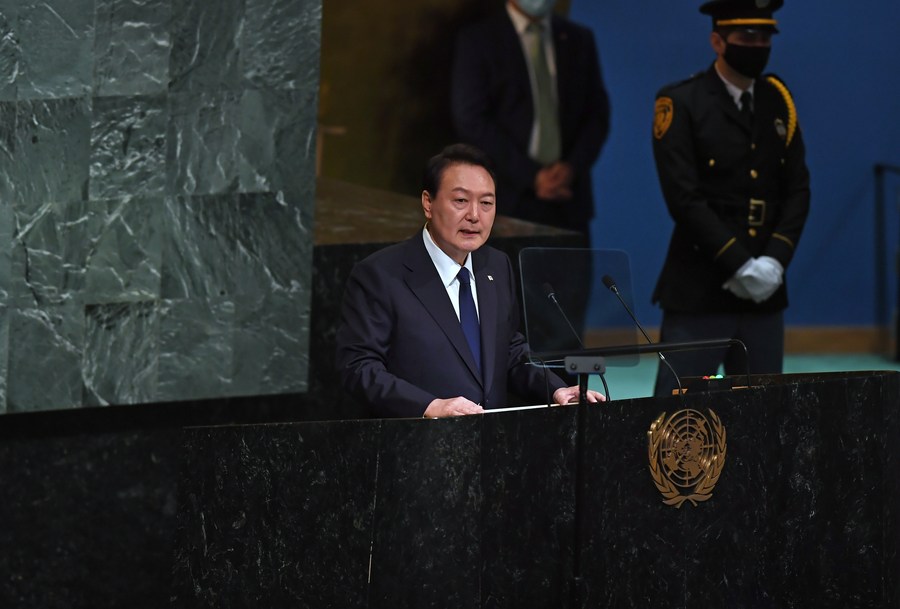
South Korean President Yoon Suk-yeol speaks during the General Debate of the 77th session of the UN General Assembly at the UN headquarters in New York, on Sept. 20, 2022. (Xinhua/Li Rui)
Leaders in Seoul should engage in some self-reflection and refrain from any action that may further aggravate tensions and cause possible miscalculations in the region.
by Xinhua writer Zhou Siyu
SEOUL, April 30 (Xinhua) -- When Yoon Suk-yeol, president of South Korea, reverently crooned lines from the song "American Pie" to a smiling U.S. President Joe Biden at the White House, it perfectly depicted the diplomatic status quo between the two countries.
With its president fond of singing American songs, the South Korean government has made no secret of its intention of dancing to the American tune.
Yoon's musical performance was just a small, insignificant episode during his six-day visit to the United States. The trip was full of so-called "diplomatic outcomes" that are angering the South Korean people and escalating regional tensions, putting the Asia-Pacific region's security and stability in grave peril.
Following the two leaders' meeting, South Korea and the United States issued the Washington Declaration, which announced the establishment of a new Nuclear Consultative Group (NCG) and the upcoming visit of a U.S. nuclear ballistic missile submarine to South Korea for the purpose of strengthening the so-called "extended deterrence."
However, Washington's pledge to involve Seoul in its nuclear planning operations through the NCG and deploy more "strategic assets," including nuclear-capable submarines, to the Korean Peninsula is apparently more of a threat to peace and stability on the peninsula than protection for South Korea.
Kim Yo Jong, a senior official of the Democratic People's Republic of Korea (DPRK), denounced the declaration as "a typical product of extreme anti-DPRK hostile policy reflecting the most hostile and aggressive will of action," and said "it will only result in making the peace and security of Northeast Asia and the world be exposed to more serious danger."
Leaders in Seoul should engage in some self-reflection and refrain from any action that may further aggravate tensions and cause possible miscalculations in the region.
Instead of instigating regional confrontations, the main task of Yoon's U.S. trip was supposed to be fighting for the interests of South Korean businesses and industries, which were seriously infringed on by the U.S. CHIPS and Science Act and the Inflation Reduction Act.
However, to the disappointment of South Korean entrepreneurs, Yoon seemed to have made little progress in persuading the United States to reduce the negative impact of the two acts on South Korean companies.
"With regard to the Inflation Reduction Act and the CHIPS and Science Act that were the core agenda (in the Yoon-Biden meeting), (Yoon) has not protected our industry and companies at all," Lee Jae-myung, chairman of the main opposition Democratic Party, said at a party meeting on Friday.
Seoul's blind pro-U.S. diplomacy even at the cost of its own national interests has fueled concerns among South Koreans.
"The worry is that (South Korea) is rushing into a situation where (the country) has to depend on the United States for everything," Kyunghyang Shinmun newspaper said in an editorial on Thursday.
The editorial warned that South Korea was losing its diplomatic and security autonomy as it would be more difficult for Seoul to reject any demand from Washington.
"American Pie" only belongs to America; for others, it is nothing but pie in the sky. ■

